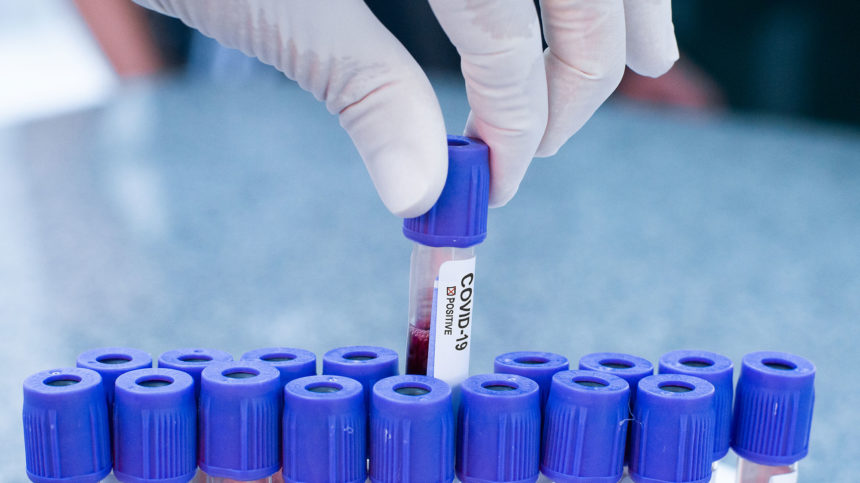
Employers cannot mandate a COVID-19 antibody test before allowing employees to re-enter the workplace, according to U.S. Equal Employment Opportunity Commission guidance released Wednesday.
Pointing to recent guidance from the Centers for Disease Control & Prevention, the EEOC said that “an antibody test constitutes a medical examination under the Americans with Disabilities Act.” The CDC’s antibody testing interim guidelines state that “serologic test results should not be used to make decisions about returning persons to the workplace.”
“An antibody test at this time does not meet the ADA’s ‘job related and consistent with business necessity’ standard for medical examinations or inquiries for current employees,” the EEOC stated, adding that it will “closely monitor” CDC recommendations and may adjust its guidance accordingly.
The commission’s updated guidance comes almost two months after it told employers “may choose to administer COVID-19 testing to employees before they enter the workplace to determine if they have the virus.” The EEOC noted that antibody tests and viral tests — which determine whether someone has an active case of COVID-19 — are different, and the latter is still permissible under the ADA.
The information was added to the EEOC’s technical assistance questions and answers document, “What You Should Know About COVID-19 and the ADA, the Rehabilitation Act and Other EEO Laws.”
In other coronavirus-related news:
- The Empire State Association of Assisted Living is advocating for assisted living and adult care facility residents to be allowed to receive outdoor visits from family and friends. ESAAL is working with the New York State Department of Health as the agency establishes processes and protocols that must be in place once the visits are allowed.
- The U.S. Department of Health and Human Services has scheduled two online tutorials related to the Medicaid Allocation Application, according to the American Health Care Association / National Center for Assisted Living. The applications are due July 20.
- The New Hampshire Senate has passed HB 578-FN to establish a committee to study the safety of residents and employees in long-term care facilities. The bill would put in place new systems, including testing for residents and staff, greater access to personal protective equipment and Medicaid reimbursement for training nurses that provide critical care.
- Irvine, CA-based Silverado has published reopening guidelines for its memory care communities.
- Frasier Retirement Community, Boulder, CO, has rolled out “Lov Pods” to provide a creative safe way for family and friends to visit with relatives in the wake of the COVID-19 pandemic.
- The IRS on Tuesday reminded assisted living communities and nursing homes that Economic Impact Payments belong to residents, not the organizations providing services and care for check recipients. The reminder was issued after concerns that people and businesses may be taking advantage of vulnerable populations who received stimulus checks. The FTC issued a similar statement in May.
- Missouri independent living and assisted living communities will reopen in the state with very small, calculated steps. The Missouri Department of Health and Senior Services has provided guidelines for operators.
- The Oregon Department of Human Services and Oregon Health Authority has finalized a comprehensive, statewide COVID-19 testing plan for long-term care facilities with more than five residents.
- In a letter to the White House, LeadingAge called on leaders to put the health and lives of millions of older Americans at the top of the agenda by providing adequate testing and PPE supplies.




